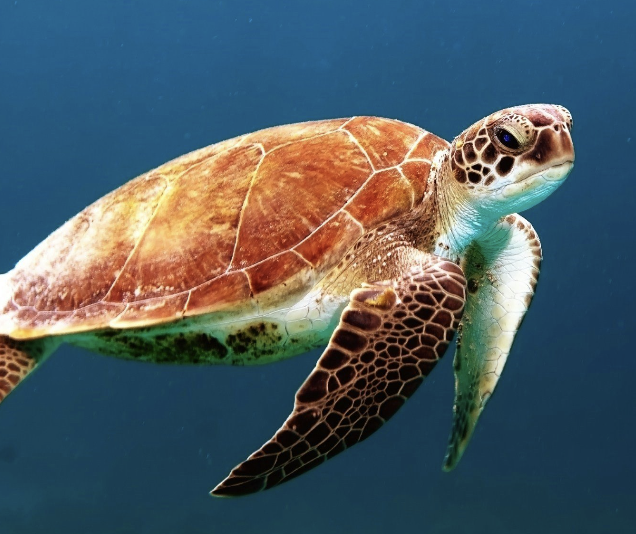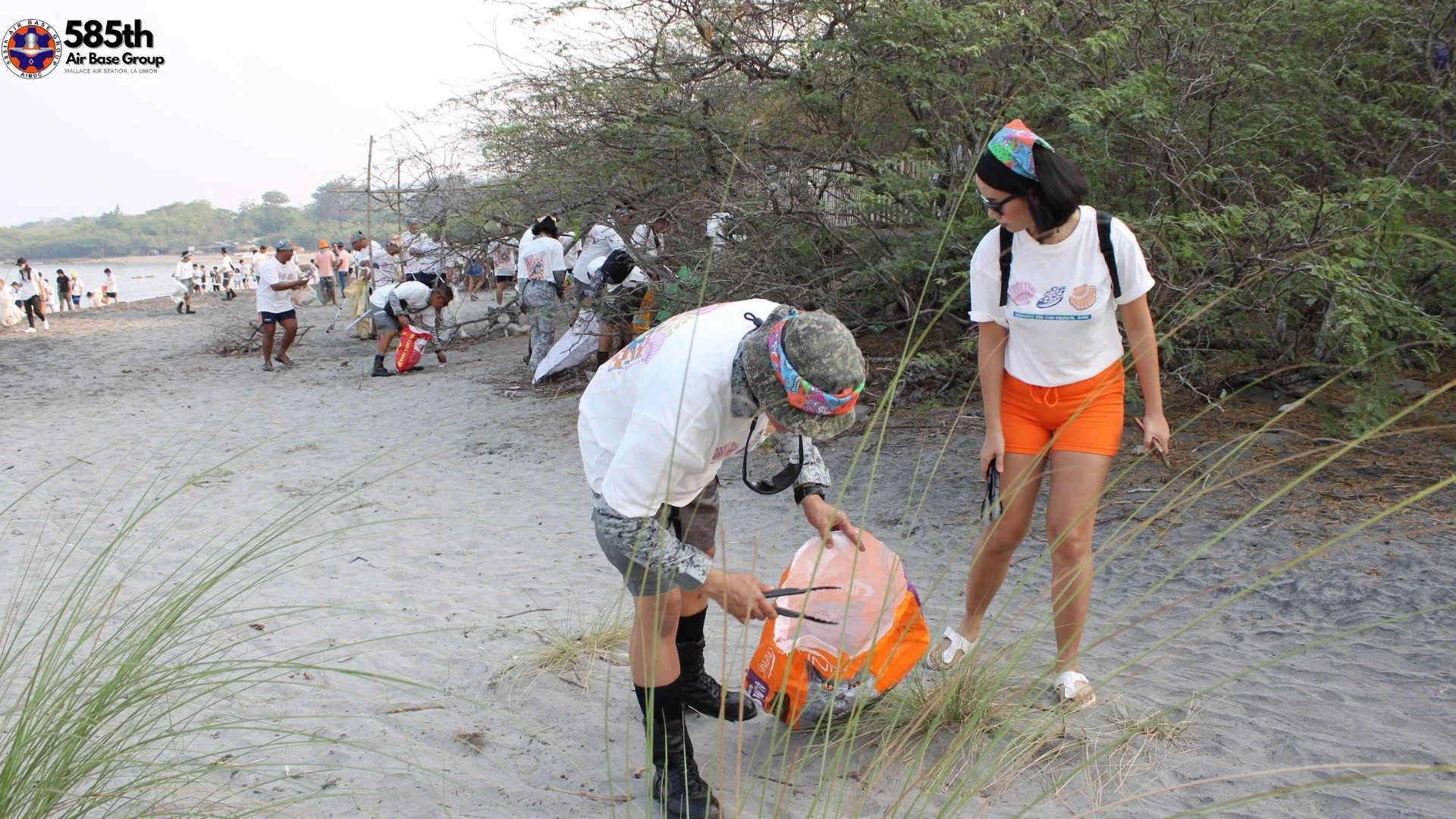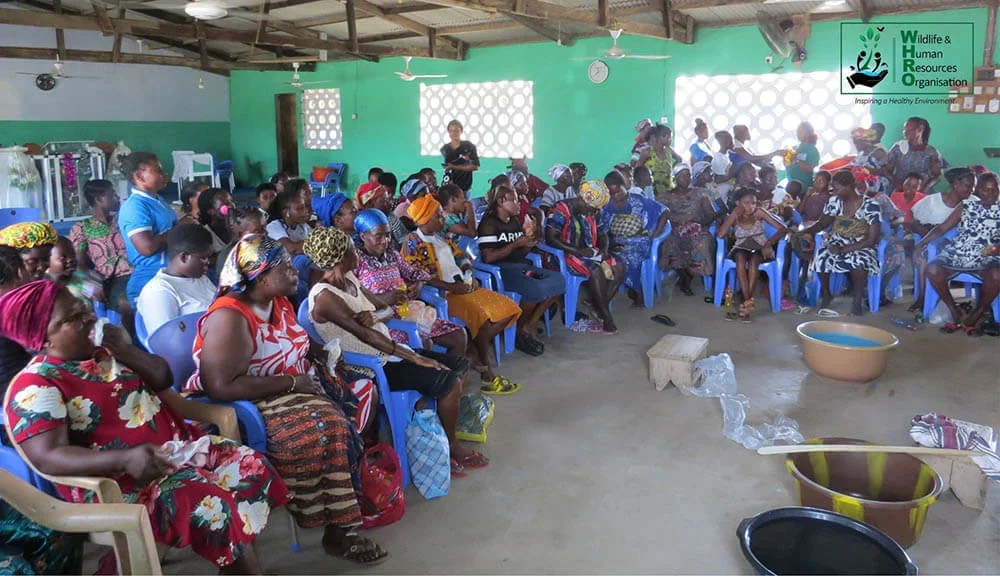SEA TURTLES & PLASTIC INITIATIVE
SEE TURTLES
GHANA, COLOMBIA, & PHILIPPINES
2025 GRANTEE | $15,000 | NOMINATED BY REEFS TO ROCKIES
Our program provides coastal communities the resources they need to clean their beaches, reduce plastic pollution, and turn that waste into useful products that support local economies and conservation efforts. We fund recycling infrastructure, educational workshops, and cleanup activities and help connect these projects to the recycling market.
Neil Ever Osborne
The Issue:
The conservative estimate of plastic in the ocean is 75 million tons and increasing by the day. In coastal communities in developing countries, plastic waste is often burned which is bad for human health and the climate, and is rarely recycled. But some coastal communities are taking this trash and turning it into an opportunity to bring economic benefits. Each of the three destinations that we are proposing for Sea Turtles & Plastic grants face multiple conservation challenges including plastic pollution, climate change, and illegal hunting and collection of wildlife including sea turtles.
Grant Award Use:
Philippines: Our local partner CURMA is leading local efforts to protect sea turtles and reduce plastic pollution. With these funds, they will establish a recycling center, purchasing machinery and training local residents to create treasure from trash. Funds from the sale of new products will support turtle conservation and local residents. Through these initiatives, CURMA hopes to make significant strides in safeguarding both sea turtles and marine environments in La Union and beyond by reducing plastic waste and generating new income for conservation.
Ghana: The project seeks to conserve sea turtles and their habitats while bringing economic benefits to the local communities. The project will undertake 8 beach clean-ups with the local communities and all plastics collected will be weighed and conveyed by Coliba (a local recycling company) to Accra for processing. A plastic collection center/site will be established where community members will be paid by Coliba to collect and bring plastics. Converting single use plastics into durable forms will help reduce the amount of plastics discarded into the sea to impact sea turtles. This program will also do outreach to local schools to teach about how to reduce plastic use and the importance of protecting wildlife habitat.
Colombia: This project seeks to reduce plastic on the sea turtle nesting beaches of the town of El Valle through recycling and transforming it into inputs for community sea turtle conservation initiatives (plastic wood), and in other objects that can be a source of income for both conservation projects and families. Likewise, it will train a community organization in the formulation of environmental education and plastic recycling projects on a small and medium scale, so that, in the future, they can propose and develop and execute projects with the local and departmental government.
What Would a Successful Project Result In?
Coastal communities in the Philippines, Ghana, and Colombia will have functioning recycling programs that reduce plastic pollution, generate income for conservation efforts, and support local residents.
Voices From The Community:
“Plastic pollution is a huge and growing problem for ocean wildlife and coastal communities. This funding from the Adventure Travel Conservation Fund will support our partner’s efforts to clean up this waste and turn it into useful products that will support local economies and sea turtles, among other animals. This grant will be a huge help to reversing the tide of plastic waste in communities in Colombia, Ghana, and the Philippines.”
Brad Nahill, President, SEE Turtles








